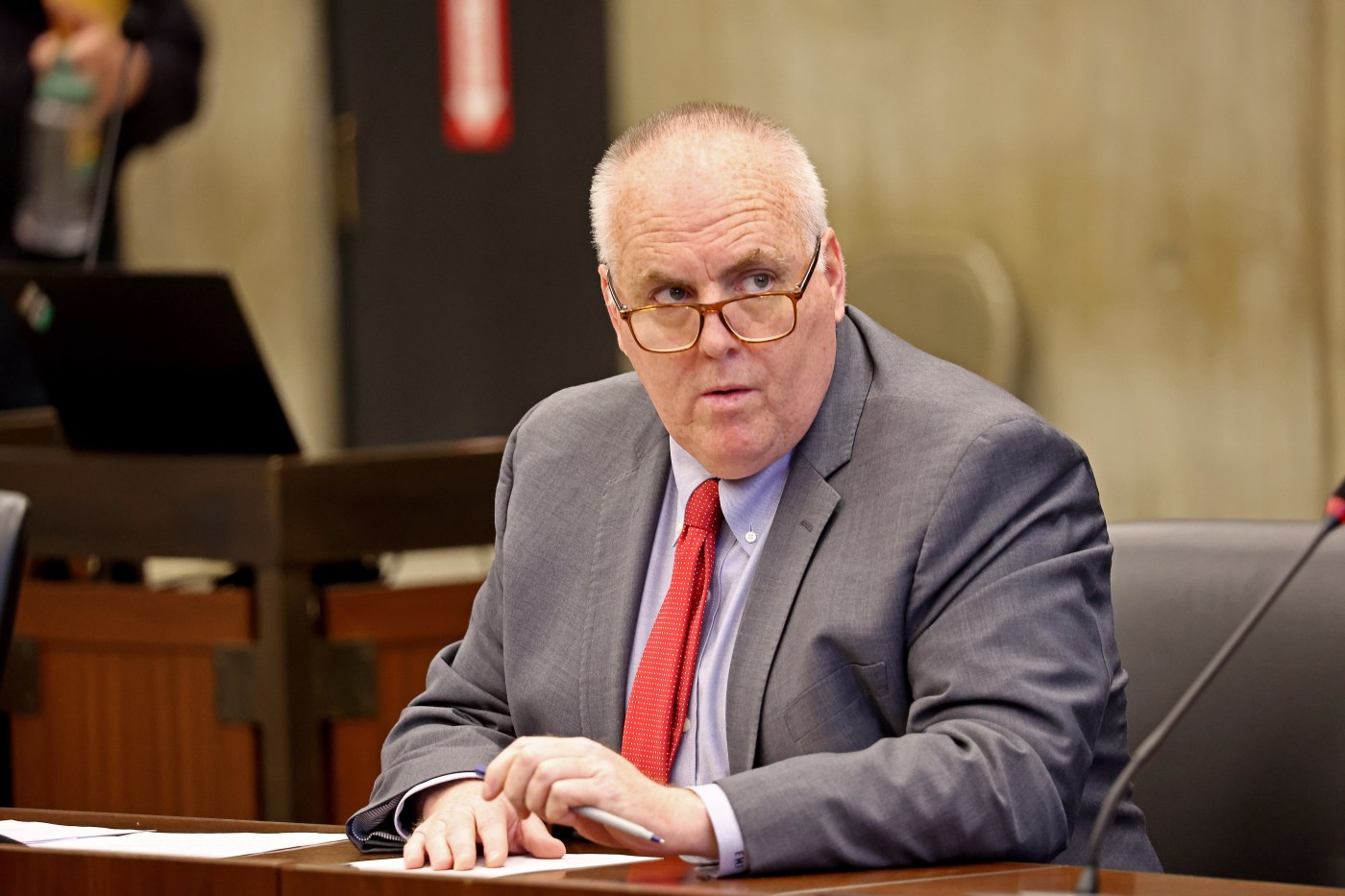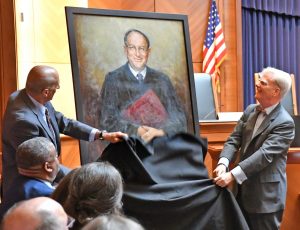
Boston city councilor slams mayor’s ‘tone-deaf’ plan to give 11-year-old children budgetary voting power
Boston City Councilor Ed Flynn slammed a “tone-deaf” and “unserious” plan from the Wu administration that would allow young children to dictate how millions of dollars in public funds are spent as part of the city’s participatory budgeting process.
Flynn was among several councilors who raised concerns with a new participatory budgeting voting process that it is open to all Boston residents, including those who are undocumented and as young as 11 years old, during a Tuesday City Council committee hearing that reviewed the mayor’s fiscal year 2025 budget.
Following the meeting, Flynn wrote a letter to Renato Castelo, director of the Office of Participatory Budgeting, to emphasize his “unequivocal and vehement opposition to the voting process,” particularly the involvement of young children.
“During this time of great fiscal uncertainty — with a study warning that remote work policies and the city’s declining commercial property values may cost us $500 million in revenue annually, as well as a subsequent proposal to also tax commercial property at a higher rate — now more than ever, it is critical that we show the taxpayers of Boston that we take our financial responsibilities seriously,” Flynn wrote.
“Allowing children to decide the usage of taxpayer dollars would do just the opposite, and be viewed as tone-deaf, unserious and wholly inappropriate by my constituents,” he said.
Participatory budgeting was approved by a ballot measure back in 2021, and the relevant office and board was created via a city ordinance that was passed by the Council last year, but residents will be getting their first crack at dictating how city funds are spent in July, when the office begins to gather community project ideas.
Related Articles
North End restaurateur plans to run for Boston mayor amid outdoor dining clash with Michelle Wu
Felix D. Arroyo, patriarch of Boston political family, files for bankruptcy amid unpaid legal bill lawsuit
Wu says criticism of tax hike plan driven by ‘misinformation’
Amid pushback, Boston Mayor Wu backs police use of ShotSpotter technology
After gun scare, police union says Boston City Hall security ‘no match’ for armed assailant
The Wu administration, via the new office, will select the top 15 community priorities by the end of September, and residents will vote for five projects apiece in-person and online next January. The five projects with the highest number of votes will be earmarked in the FY26 budget, city officials said during the hearing.
Mayor Michelle Wu has allocated $2 million for the current initial phase. The participatory budgeting office started this fiscal year with about $4 million, however, due to funds that rolled over from the past two budget cycles, some of which was spent on operational expenses including staff salaries, Chief Financial Officer Ashley Groffenberger said.
Groffenberger said the administration plans to allocate $2 million going forward for participatory budgeting priorities.
While Flynn described the amount as perhaps too “significant” given current economic conditions, several other councilors asked if there were plans to increase the annual project funding in future years — given a push from several community groups who have petitioned the mayor to allocate 1% of the city budget, or roughly $40 million, for participatory budgeting.
Castelo and Groffenberger didn’t rule out the possibility, which they said would be dictated by the will of the Council and mayor, but said they viewed $2 million as an appropriate amount that would allow for level-funding each year.
Councilors Erin Murphy and John FitzGerald joined Flynn in sharing concerns over the participatory budgeting voting process. FitzGerald suggested that it gives greater budgetary powers to residents than the Council has.
Flynn is seeking to decrease funding for participatory budgeting by $1.2 million in FY25, funds that he wants to see redirected to the Boston Police Crime Lab for the city’s Inspectional Services Department, to hire additional staff to help with the lab’s backlog of sexual assault kit testing and ISD’s pest-control inspections.
He submitted the FY25 budget amendments to Councilor Brian Worrell, chair of the Council’s Ways and Means committee on Tuesday, citing the prior funds allocated to that office that have not been spent.
Many other councilors were more receptive to the process, which the city is bound to carry out due to the approved ballot initiative. They touted the greater civic engagement and deepened democracy that participatory budgeting aims to achieve.
Councilor Liz Breadon also spoke positively about the opportunity for further youth participation, already in effect with the city’s capital budget priorities. Starting participation at 11 years old will teach residents how to vote, she said.
“I really do think this is a huge opportunity to develop civic engagement,” Breadon said. “I do hope that it will lead to a more engaged citizenry going forward.”


